Type S Masonary Mortar
mitchcarnie
16 years ago
Featured Answer
Comments (23)
mitchcarnie
16 years agostevenbr
16 years agoRelated Professionals
Palos Verdes Estates Swimming Pool Builders · Santa Paula Swimming Pool Builders · Manorville Landscape Architects & Landscape Designers · Aurora Landscape Contractors · Boca Raton Landscape Contractors · Chelmsford Landscape Contractors · Long Beach Landscape Contractors · Painesville Landscape Contractors · Rochester Landscape Contractors · Palos Heights Landscape Contractors · Fort Worth Decks, Patios & Outdoor Enclosures · Justice Decks, Patios & Outdoor Enclosures · Meridian Decks, Patios & Outdoor Enclosures · Somerville Decks, Patios & Outdoor Enclosures · Springfield Decks, Patios & Outdoor Enclosuresmitchcarnie
16 years agomitchcarnie
16 years agoRack Etear
16 years agomitchcarnie
16 years agoRack Etear
16 years agocascade
16 years agocascade
16 years agocascade
16 years agomitchcarnie
16 years agocascade
16 years agoRack Etear
16 years agomitchcarnie
16 years agopoolguynj
16 years agomitchcarnie
16 years agocascade
16 years agoRack Etear
16 years agocascade
16 years agomitchcarnie
16 years agokurtv
16 years agomitchcarnie
16 years ago
Related Stories
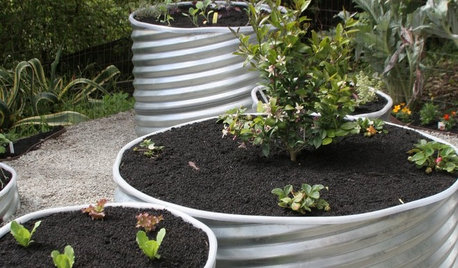
GARDENING GUIDES8 Materials for Raised Garden Beds
Get the dirt on classic and new options for raised vegetable and plant beds, to get the most from your year-round garden
Full Story






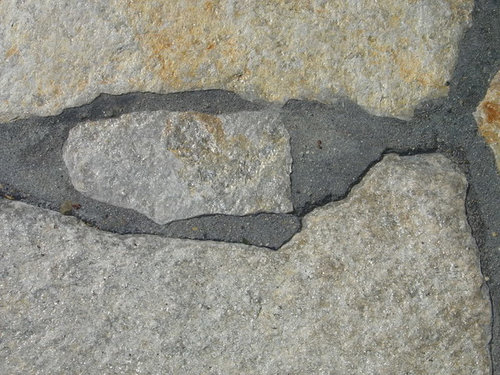
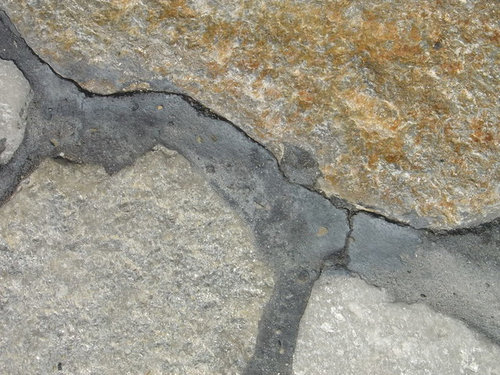


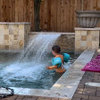
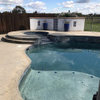

mitchcarnieOriginal Author